Tourexpi
The
Trans-Siberian Railway, historically known as the Great Siberian Route and
often shortened to Transsib, is the world's longest railway line, stretching
across the vast expanse of Russia.
Spanning
9,289 kilometers (5,772 miles) from Moscow in the west to Vladivostok in the
east, the railway serves as a vital artery for trade, travel, and economic
integration between Europe and Asia.
The
railway has played a crucial role in Russia’s development, facilitating
military movements, trade, and settlement expansion. From its inception in the
late 19th century to its modern-day advancements, the Trans-Siberian Railway
remains an essential element of Russia’s infrastructure, bridging cultures and
economies across the continent.
The
idea of a railway connecting the vast Russian Empire took shape in the late
19th century, driven by the need to unify the country, facilitate economic
growth, and improve military logistics. Construction began in 1891 under
Emperor Alexander III, with his son, the future Nicholas II, ceremonially
laying the first stone.
The
motivations behind this grand project were clear. The railway would strengthen
administrative control over the distant regions of Siberia and the Russian Far
East. It aimed to facilitate trade by connecting industrial hubs with raw
material sources and international markets.
Militarily,
the railway enhanced troop mobility, ensuring a swift response to potential
threats. Additionally, it encouraged population movement eastward to make use
of the region’s untapped resources.
However,
building the Trans-Siberian Railway was no easy feat. Engineers had to overcome
extreme climates, treacherous terrains, and supply shortages. Thousands of
laborers — including peasants, prisoners, and foreign workers — worked under
harsh conditions to lay the tracks. Despite these challenges, the railway was
officially completed in 1916, marking a significant milestone in Russia’s
modernization efforts.
Throughout
history, the Trans-Siberian Railway has served as more than just a
transportation route; it has been a strategic asset. During World War I, the
railway was used to transport troops and supplies across the empire. In the
Soviet era, it played a crucial role in industrialization and the movement of
resources.
World
War II further emphasized its importance, as it enabled the movement of weapons
and troops to the Eastern Front. The Cold War saw the railway become a key
component of Soviet logistics and defense strategy.
Electrification
efforts began in the 1930s and continued well into the late 20th century,
increasing efficiency and speed. Today, modernization efforts continue to
transform the railway into a high-speed, technologically advanced
transportation network.
The
modern Transsib
In
an interview with Anadolu, Vladimir Prozorov, a researcher at the Russian
University of Transport, highlighted the railway’s ongoing significance in
global trade and economic cooperation.
Prozorov
explained that the Trans-Siberian Railway remains Russia’s most crucial
transport artery, connecting over 20 of its regions with one another and with
foreign nations. Today, it is a technically advanced railway, where many
innovative transportation management and infrastructure maintenance
technologies are being tested and introduced.
The
railway serves as a vital link for economic exchange between Europe and Asia,
facilitating the transportation of goods. Notably, China has leveraged the
route for freight shipments, making it a key component of the Belt and Road
Initiative.
As
part of the East-West international transport corridor, the Trans-Siberian
works alongside other major railway routes, including the Baikal-Amur Mainline
and the South Siberian Railway. These connections ensure the efficient
distribution of cargo between Western Siberia’s resource-rich deposits, Pacific
ports, and border crossings with Mongolia, China, and North Korea.
Prozorov
also pointed out ongoing infrastructure projects aimed at improving railway
efficiency, including upgrading sections and stations to eliminate
“bottlenecks” and improve traffic flow. “For example, the bridge crossing the
Amur River, completed in 2022, now connects the Russian Mikhailo-Semenovskaya
station with the Chinese Tongjiang. Another notable project is the new Kerak
tunnel in the Amur region, which was built through challenging geological
conditions,” he said.
The
Trans-Siberian Railway is more than just a commercial route — it is the
backbone of countless cities and settlements that have developed along its
tracks.
Beyond
freight and passenger travel, it is also a crucial channel for communication.
Mail wagons are included in passenger trains, and several separate trips to
carry mail and baggage also travel the route. In recent years, collaboration
between railway workers and the Russian Post has strengthened, particularly in
organizing postal services container between the Moscow region and the
Primorye, also known as Primorsky Krai, on the Pacific coast.
Traveling
the Trans-Siberian
For
travelers, the Trans-Siberian Railway offers an unparalleled experience — a
journey across seven time zones through breathtaking landscapes.
Prozorov
described the allure of the route, noting that from the bustling streets of
Moscow to the Pacific shores of Vladivostok, passengers witness the Ural
Mountains and “vast Siberian taiga and Lake Baikal, the world’s deepest
freshwater lake.”
“Passengers
can choose from luxurious cabins to budget-friendly third-class accommodations,
each offering a unique window into Russian life and culture,” he added.
As
global trade evolves and transportation technology advances, the Trans-Siberian
Railway remains a cornerstone of Eurasian infrastructure — bridging distances,
fostering development, and upholding its legacy as one of the world’s greatest
engineering feats. Whether for trade, travel, or historical significance,
Prozorov concluded, the Trans-Siberian Railway remains one of the world’s most
iconic transportation marvels.
He
described the Trans-Siberian Railway as a testament to human ingenuity and
endurance, connecting people, cultures, and economies.
“Whether
for trade, travel, or historical significance, the Trans-Siberian Railway
remains one of the world’s most iconic transportation marvels.”
Image
Credit: © AA
The most interesting news
 Read the News
Read the News

Travel technology at ITB Berlin 2026: AI and global innovation reshape the industry
With six fully booked Travel Tech halls, strong international participation and a new Travel Tech Track in the convention programme, ITB Berlin 2026 underscores its role as the world’s leading platform for travel technology and digital transformati
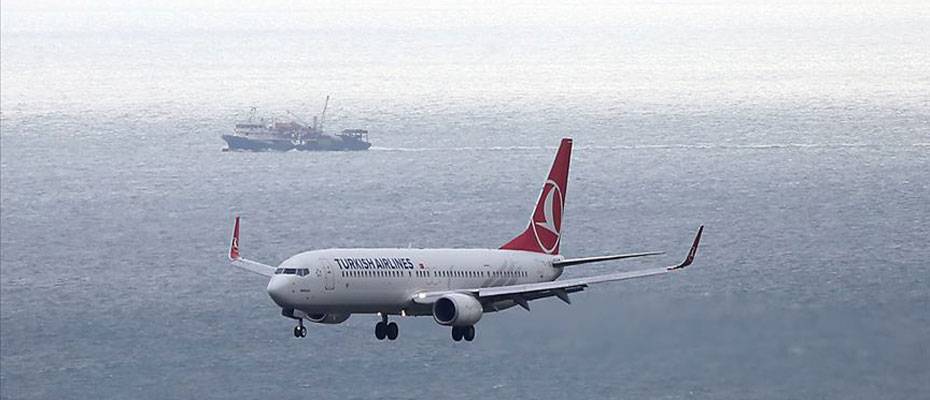 Read the News
Read the News

Türkiye’s airline fleets expand significantly over five years
Driven by rising passenger demand and major airport investments, Türkiye’s airlines have expanded their fleets sharply since 2021, with Turkish Airlines accounting for the largest share at the end of 2025
 Read the News
Read the News

Emirates extends Chauffeur-Drive service in Japan to Narita and Kansai
Premium ground service now available at three major Japanese airports from February and March 2026
 Read the News
Read the News

Moxy Hotels brings a playful twist to the New Year with Sweet Moxy Fest
Limited-edition candy cocktails and interactive lobby experiences roll out across 10 Moxy Hotels in China
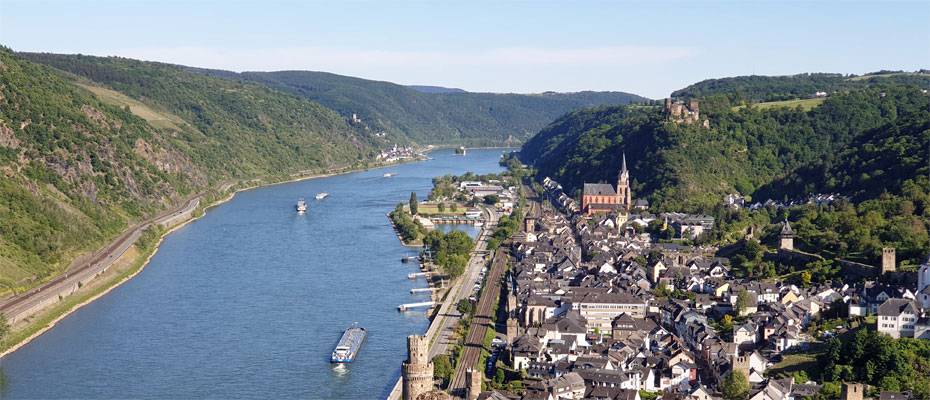 Read the News
Read the News

DRV welcomes National Tourism Strategy as a clear signal for the travel industry
German cabinet sets priorities on competitiveness, cutting red tape and sustainable development
 Read the News
Read the News

Celebrity River Cruises announces 10 additional ships and opens 2028 Europe season
With an order for ten new vessels and the opening of bookings for its 2028 European season, Celebrity River Cruises is significantly accelerating its expansion on Europe’s rivers
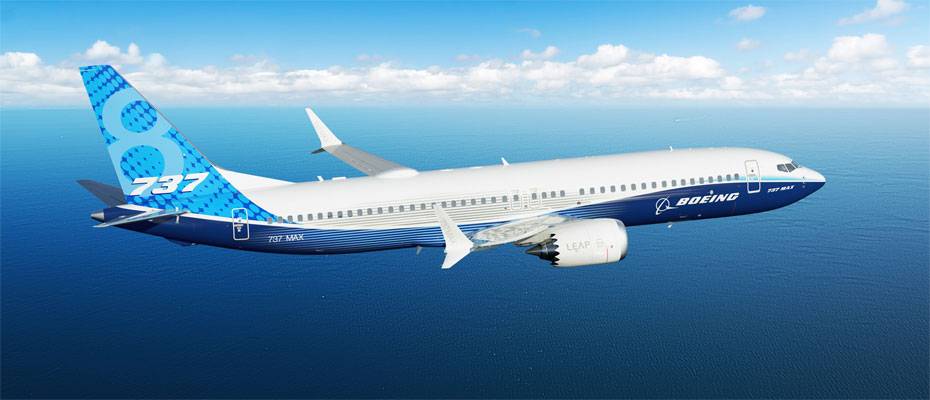 Read the News
Read the News

Air India expands single-aisle fleet with order for 30 Boeing 737 MAX jets
By ordering 30 additional Boeing 737 MAX aircraft, Air India is accelerating the modernisation of its fleet and reinforcing its growth strategy in India’s rapidly expanding domestic and regional aviation market
 Read the News
Read the News

Hurghada: TUI Care Foundation supports Maaza Bedouin community through cultural tourism
With a new cultural tourism initiative in Hurghada, the TUI Care Foundation is strengthening the visibility, livelihoods and cultural heritage of Egypt’s Maaza Bedouin community while creating authentic experiences for visitors to the Red Sea desti
 Read the News
Read the News

TAT launches ‘Feel All The Feelings’ campaign with LISA as Amazing Thailand Ambassador
With a new TV commercial featuring Lalisa “LISA” Manobal, the Tourism Authority of Thailand (TAT) is strengthening its Trusted Thailand strategy and positioning the country as a high-quality destination through emotion-led storytelling
 Read the News
Read the News

China advises citizens to avoid travel to Japan
Beijing cites security concerns and earthquake risks as tensions with Tokyo remain high
 Read the News
Read the News

Four Seasons marks 65 years with focus on disciplined global growth
Anniversary year highlights expansion in key markets, residential strength and the debut of Four Seasons Yachts
 Read the News
Read the News

Spain presents Tourism 2030 Strategy at FITUR and strengthens global tourism governance
At FITUR 2026, the Ministry of Industry and Tourism outlines strategic priorities for the decade ahead, relaunches social dialogue in hospitality and confirms the opening date of the Parador de Ibiza
 Read the News
Read the News

Emirates and Air Peace activate bilateral interline agreement
Enhanced partnership expands seamless connectivity between Africa, the UAE and London
 Read the News
Read the News

Shiso City unveils new sustainable experiences rooted in forests, fermentation and heritage railways
Located near Kyoto and Osaka, the forest-rich city in Hyogo Prefecture positions itself as an emerging destination for nature-based and culturally grounded travel
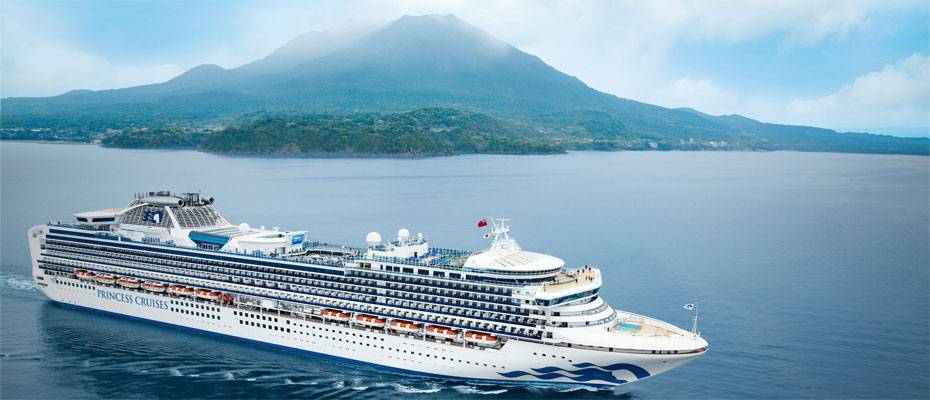 Read the News
Read the News

Diamond Princess expands culinary offering with two new specialty restaurants
Makoto Ocean and the Crown Grill debut for the 2026 Asia and Japan season, further enhancing Princess Cruises’ dining experience at sea
 Read the News
Read the News

Germany issues travel alert for the United States after Minneapolis shooting
Foreign Ministry urges vigilance following violent confrontations during protests in several U.S. cities
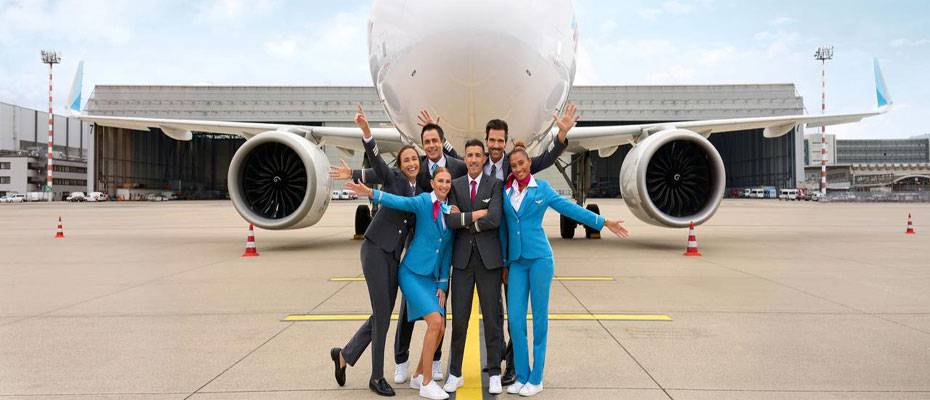 Read the News
Read the News

Eurowings expands services and routes in early 2026
Fast onboard internet, a top employer award, flexible flight vouchers and a new summer route from Graz underline Eurowings’ focus on connectivity and quality
 Read the News
Read the News

ITB Berlin 2026 launches ITB Navigator for matchmaking and show preparation
New digital platform supports networking, appointment planning and information access ahead of ITB Berlin from 3 to 5 March 2026
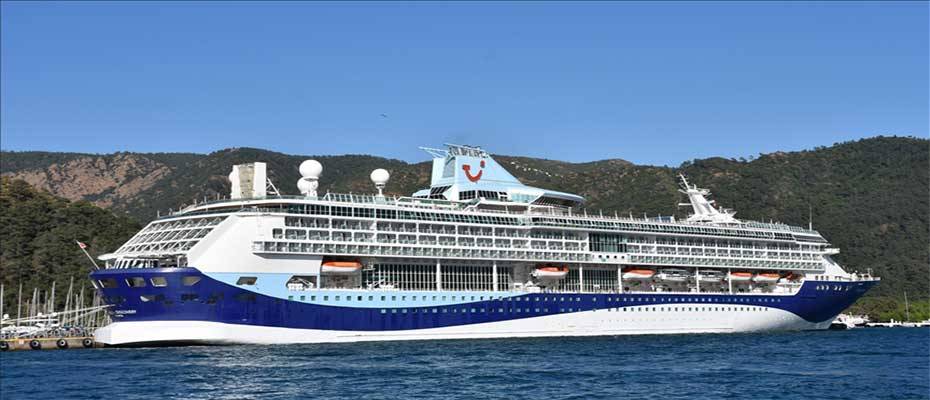 Read the News
Read the News

Marella Cruises reveals headline acts for 30th Birthday sailings in May 2026
Live performances and celebrity Q&A sessions will mark three decades of Marella Cruises with celebratory voyages across the fleet
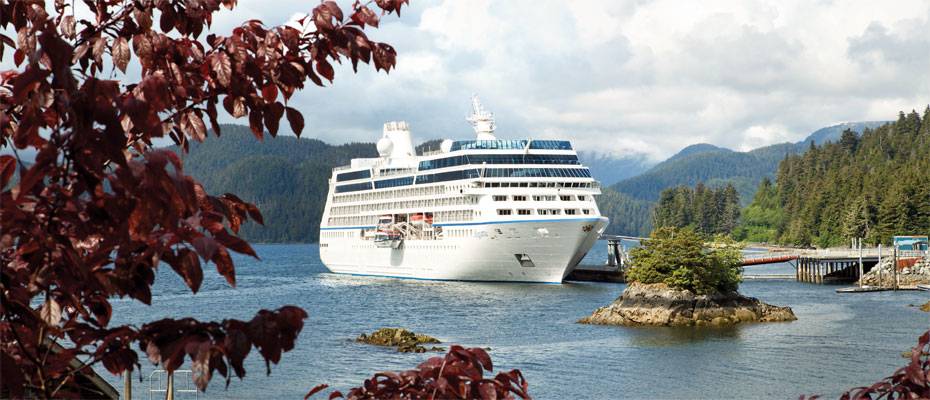 Read the News
Read the News

Oceania Cruises marks America’s 250th anniversary with distinctive Alaska and New England voyages
Luxury cruise line unveils 19 journeys in 2026 combining heritage, landscapes and destination-focused culinary experiences
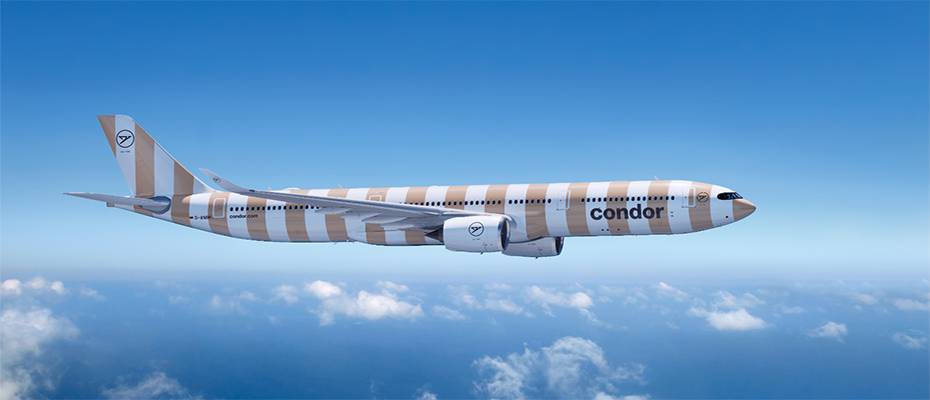 Read the News
Read the News

Condor launches daily Frankfurt–Cairo service from May 2026
New route strengthens Condor’s international network and expands access to a key market in North Africa




